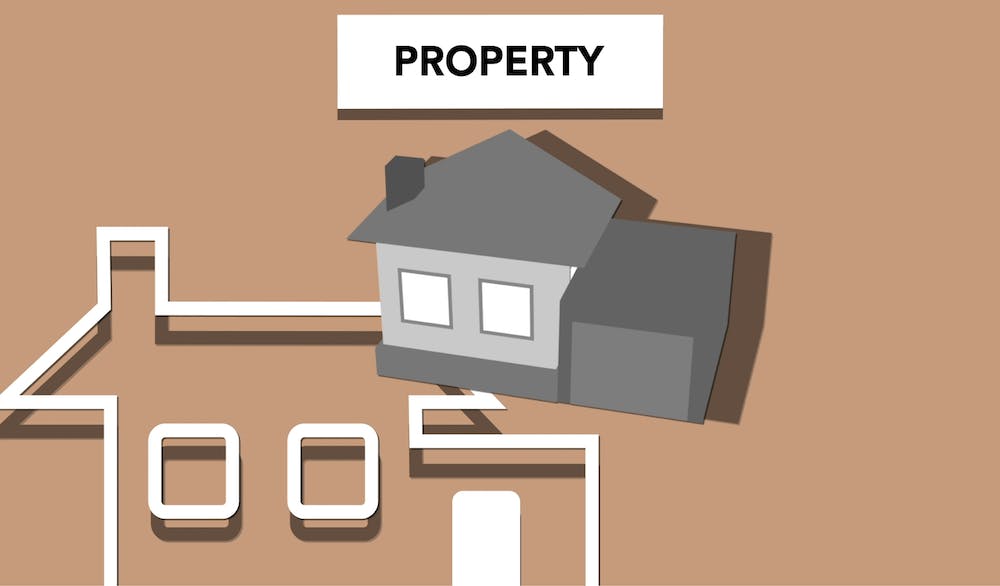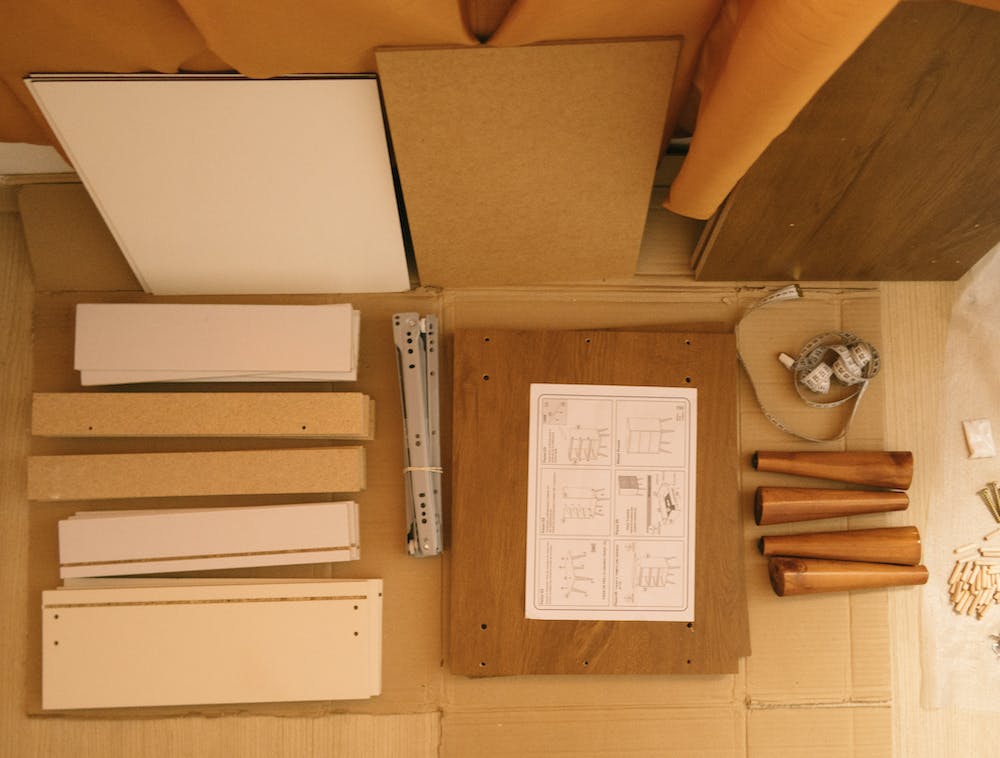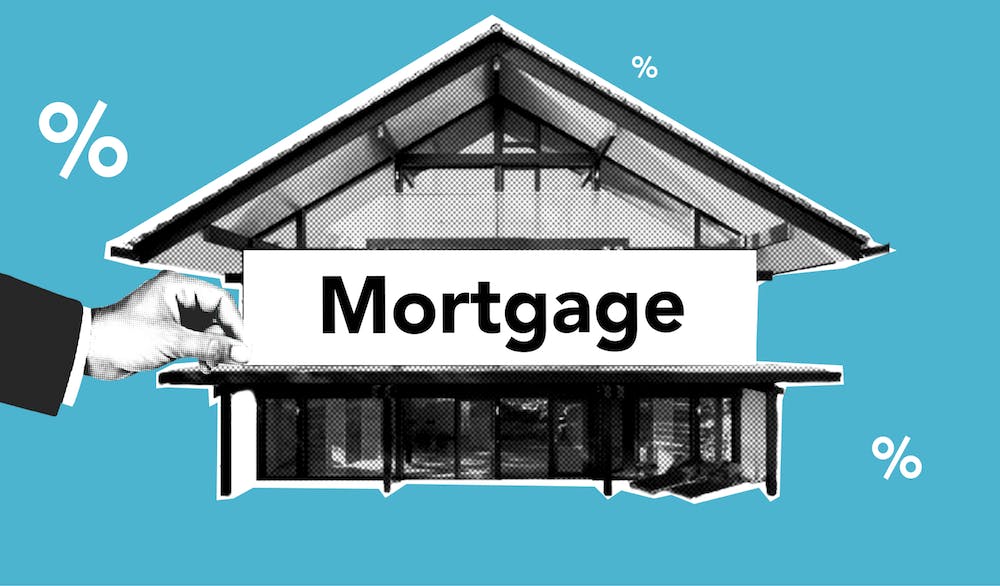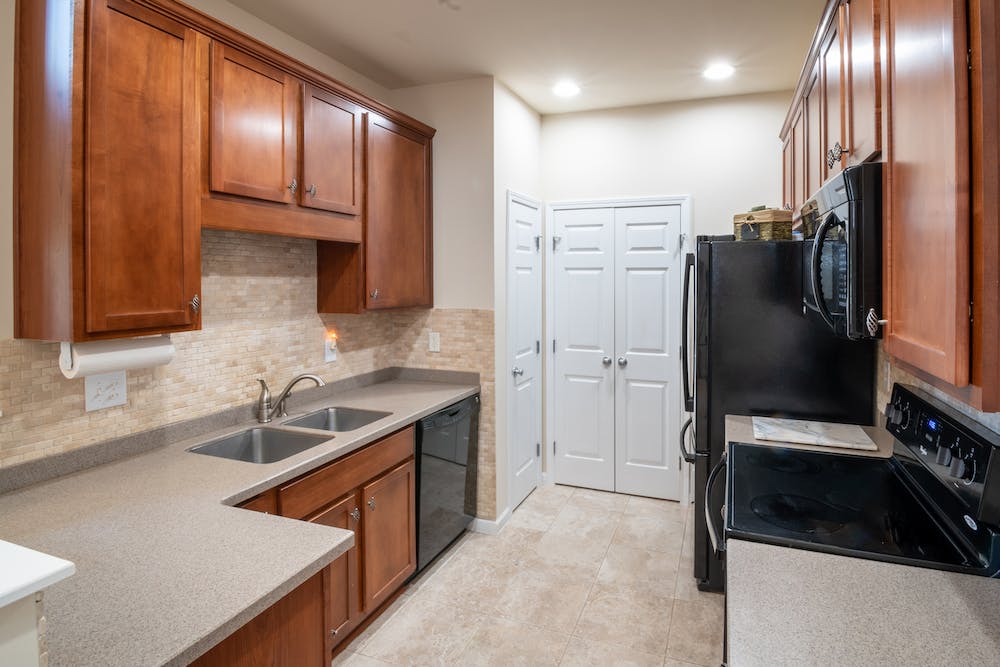Buying a home is a big decision that requires careful planning and research. But it doesn’t have to be stressful or overwhelming. There are many tools and resources available to help you finance your dream home. Here are the top five home financing tools that you should know about:
 1. Mortgage Calculator: A mortgage calculator is a handy tool that lets you estimate how much you can afford to borrow, what your monthly payments will be, and how long it will take to pay off your loan. You can use a mortgage calculator to compare different loan options, such as fixed-rate or adjustable-rate mortgages, and see how changing the interest rate, down payment, or loan term affects your costs. A mortgage calculator can help you budget and save for your home purchase.
1. Mortgage Calculator: A mortgage calculator is a handy tool that lets you estimate how much you can afford to borrow, what your monthly payments will be, and how long it will take to pay off your loan. You can use a mortgage calculator to compare different loan options, such as fixed-rate or adjustable-rate mortgages, and see how changing the interest rate, down payment, or loan term affects your costs. A mortgage calculator can help you budget and save for your home purchase.
 2. Pre-Approval Letter: A pre-approval letter is a document from a lender that shows how much they are willing to lend you based on your income, credit history, and other factors. A pre-approval letter can give you an edge over other buyers, as it shows sellers that you are serious and qualified to buy their home. A pre-approval letter can also help you narrow down your home search by giving you a realistic price range.
2. Pre-Approval Letter: A pre-approval letter is a document from a lender that shows how much they are willing to lend you based on your income, credit history, and other factors. A pre-approval letter can give you an edge over other buyers, as it shows sellers that you are serious and qualified to buy their home. A pre-approval letter can also help you narrow down your home search by giving you a realistic price range.
 3. Home Inspection: A home inspection is a professional evaluation of the condition and quality of a home. A home inspector will check the structure, systems, and components of the home, such as the roof, plumbing, electrical, heating, and cooling. A home inspection can reveal any issues or defects that may affect the value or safety of the home. A home inspection can help you avoid buying a lemon or paying for costly repairs later.
3. Home Inspection: A home inspection is a professional evaluation of the condition and quality of a home. A home inspector will check the structure, systems, and components of the home, such as the roof, plumbing, electrical, heating, and cooling. A home inspection can reveal any issues or defects that may affect the value or safety of the home. A home inspection can help you avoid buying a lemon or paying for costly repairs later.
 4. Appraisal: An appraisal is an estimate of the market value of a home based on its location, size, features, and condition. An appraiser will compare the home to similar homes that have sold recently in the area and make adjustments for any differences. An appraisal is required by most lenders to ensure that they are not lending more than the home is worth. An appraisal can help you negotiate a fair price and avoid overpaying for a home.
4. Appraisal: An appraisal is an estimate of the market value of a home based on its location, size, features, and condition. An appraiser will compare the home to similar homes that have sold recently in the area and make adjustments for any differences. An appraisal is required by most lenders to ensure that they are not lending more than the home is worth. An appraisal can help you negotiate a fair price and avoid overpaying for a home.
 5. Closing Costs: Closing costs are the fees and expenses that you pay when you finalize your home purchase. Closing costs may include loan origination fees, title insurance, escrow fees, recording fees, taxes, and more. Closing costs vary depending on the lender, the type of loan, and the location of the home. Closing costs typically range from 2% to 5% of the loan amount. Closing costs can affect your cash flow and your return on investment.
5. Closing Costs: Closing costs are the fees and expenses that you pay when you finalize your home purchase. Closing costs may include loan origination fees, title insurance, escrow fees, recording fees, taxes, and more. Closing costs vary depending on the lender, the type of loan, and the location of the home. Closing costs typically range from 2% to 5% of the loan amount. Closing costs can affect your cash flow and your return on investment.
 These are some of the most important home financing tools that can help you buy a home. By using these tools wisely, you can make an informed and confident decision that suits your needs and goals.
These are some of the most important home financing tools that can help you buy a home. By using these tools wisely, you can make an informed and confident decision that suits your needs and goals.

